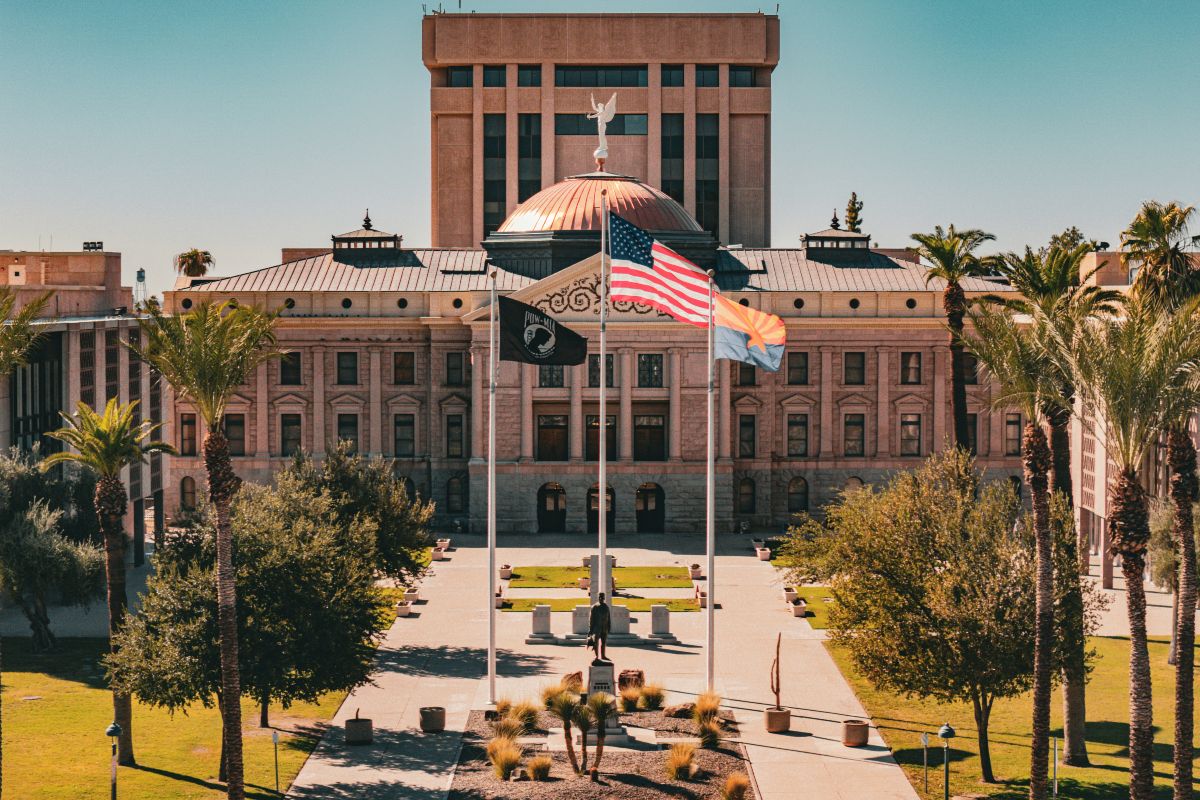Maricopa County stands at the forefront of the national conversation on election integrity.
Arizona State University’s Mechanics of Democracy Laboratory (MODL), based in Maricopa County, serves as a vital hub for advancing election education and strengthening democratic processes. MODL provides essential resources and practical guidance for election officials, civic leaders and communities—locally, nationally and globally.
Through hands-on instruction, MODL promotes best practices in election administration, transparency and accountability. It fosters civic engagement and equips stakeholders with tools to combat misinformation and build trust in the electoral process.
When people understand how democracy functions, they are more likely to respect its outcomes—even when their preferred candidates do not win. Today, the willingness to accept electoral loss is eroding, both in the United States and around the world. Restoring this democratic norm is essential.
MODL is committed to developing a new generation of professionals who uphold the U.S. Constitution and engage in the marketplace of ideas with integrity—strengthening democracy without compromising its core principles.


